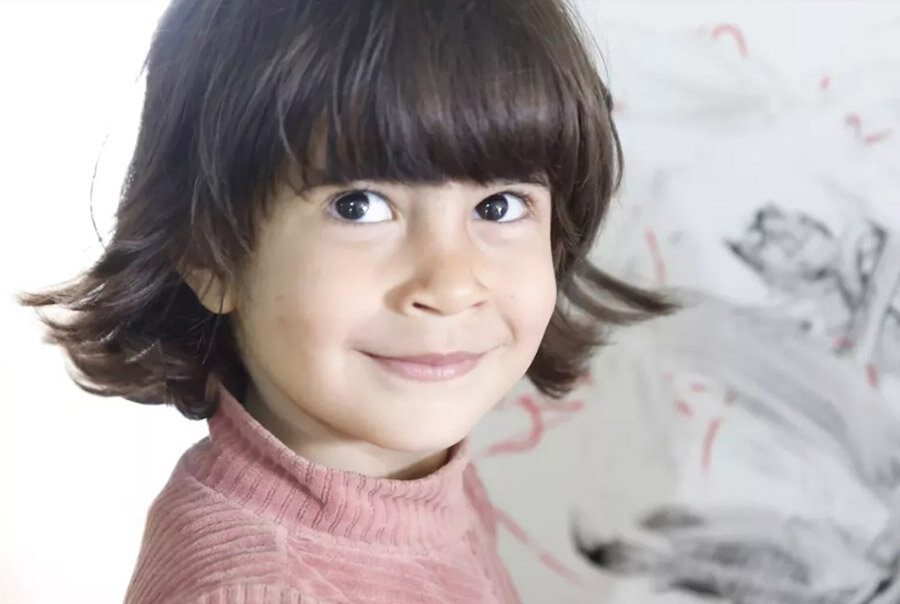read also
Analytics / Research / Ratings / Netherlands / Denmark / France / Portugal / Ireland / Switzerland / Japan / Кипр / Turkey / USA / Finland 21.05.2025
Where Children Live Best and Worst: UNICEF Rankings

The new UNICEF Innocenti Report Card 19 source reveals that children in 43 OECD and EU countries are increasingly experiencing mental health deterioration, declining academic skills, and rising physical vulnerability. Covering the period from 2018 to 2022, the report marks a reversal in many positive trends. The top performers—the Netherlands, Denmark, and France—show balanced results across all indicators, although even they face ongoing challenges.
Country Rankings: Leaders, Paradoxes, and Failures
The best overall positions are held by wealthy countries in Northern and Western Europe. The Netherlands ranks first overall—1st in mental health, 4th in physical health, and 11th in skills. Denmark and France follow closely, ranking in the top three across most categories, reflecting a systemic approach to childhood support.
Portugal, despite placing 2nd in mental health, ranks only 22nd in skills—highlighting structural issues in its education system. Sharp contrasts are evident: Japan ranks 32nd in mental well-being but 1st in physical health; South Korea places 34th in mental health but 4th in skills. These results show that academic success does not compensate for poor mental health.
Germany ranks 25th overall and 34th in skills. Austria places 12th overall but lags in physical health (20th). Bulgaria, Croatia, Hungary, Romania, and Slovakia have high rankings in mental health but fall into the lower third in physical health. The USA, Chile, Mexico, and Turkey are at the bottom of the list. The U.S. ranks 36th in mental health, 29th in physical health, and 38th in skills. Chile ranks 31st, 40th, and 42nd in those categories respectively.
These results demonstrate that a high GDP does not guarantee sustainable child well-being. A balanced approach—addressing health, skills, and emotional development—is more effective than focusing on just one component.
Key Indicator Trends
The report analyzes six parameters: life satisfaction, adolescent suicide, child mortality, overweight prevalence, academic and social skills. The most significant drop is seen in life satisfaction—particularly among girls.
In the Netherlands, the share of 15-year-olds rating their happiness as high dropped from 90% to 87%. In Finland: 84% to 82%, Romania: 85% to 81%, Croatia: 82% to 80%, Switzerland: 82% to 78%. Denmark remained at 81%, Portugal at 78%. Hungary showed a rare increase: from 77% to 79%. Countries with sharp declines include Turkey (54% to 43%), Chile, Poland, Malta, the UK, and South Korea.
Teen suicide rates showed mixed results: 18 countries saw declines, 17 saw increases. The highest rates were in New Zealand, Estonia, and Finland; the lowest were in Cyprus, Malta, Greece, Portugal, Spain, and Italy. A gender gap remains, though it's narrowing.
Child mortality (ages 5–14) continues to decline but remains high in Colombia, Mexico, Turkey, Costa Rica, and Bulgaria. The lowest rates are found in Luxembourg, Iceland, Ireland, Denmark, and Slovenia.
The highest childhood obesity rates are in Chile (57.9%), USA (42%), and New Zealand (39.9%). The lowest are in Japan (16.3%), France (16.7%), Czech Republic (16.9%), Netherlands (17.6%), and Denmark (19%).
Academic performance has declined notably: math scores fell by an average of 12 points. Over 8.4 million adolescents do not meet basic literacy or numeracy levels. Differences between countries are stark: in South Korea, the percentage of students with baseline proficiency rose from 70% to 79%; Ireland held steady at 78%, and Japan improved to 76%. Conversely, the UK, Belgium, and Slovenia recorded declines—most sharply in Finland, where scores fell from 78% to 66%.
Social skills remain relatively stable. Teens in Croatia, Slovenia, and the Netherlands still report ease in making friends, although numbers are decreasing. Chile, Mexico, and Germany scored lowest.
Подсказки: UNICEF, children, well-being, education, OECD, EU, rankings, health, mental health, youth, life satisfaction, childhood obesity, suicide, academic skills, child mortality








